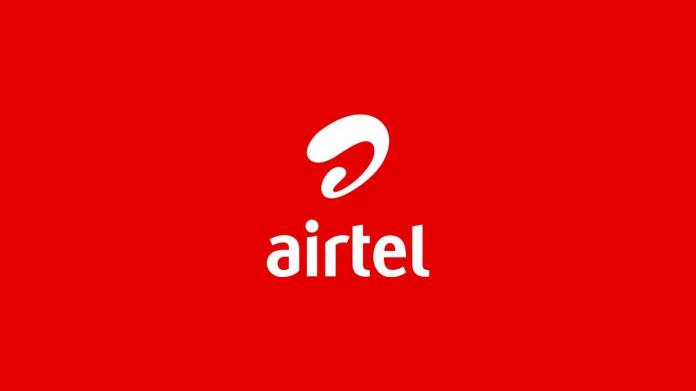Kaspersky has partnered with Bharti Airtel (“Airtel”) to ensure instant security for internet users in India.
The collaboration between the two companies will allow Airtel customers to purchase Kaspersky Total Security solution directly from the Airtel Thanks app in a matter of few clicks. What’s more! Airtel customers also enjoy exclusive deals on these advanced solutions from Kaspersky.
Airtel customers simply need to download the latest version of Airtel Thanks app> Go to ‘Shop’ section> Go to lifestyle offers> Click on the Kaspersky banner and get started. Airtel Thanks also enables seamless payments through cards, net banking and UPI.
The alliance is formed with the aim to increase the cybersecurity awareness amongst Indian internet users and encourage them to practice cyber safety in the wake of growing cyberthreats.
Also Read: Airtel Launches Airtel Secure to help Businesses Tide Over Rising Cyber Threats
Cyberthreats are constantly evolving and cybercriminals in the past 2 years have been actively targeting internet users in India. In the first quarter of 2021 Kaspersky products detected 37,650,472 different Internet-borne cyberthreats. Mobile users are also at risk as cybercriminals are constantly targeting them for financial gains, as well as to obtain important private data. Mobile threats in India have drastically increased since 2019 and are becoming more targeted and sophisticated in nature. India ranked 7th amongst the countries attacked with Mobile Threats in 2020.
The top mobile threats targeted at the smartphone users globally were, Adware which topped the list with 57% (3,254,387 detections).Talking about the other threats, the number of backdoors detected almost tripled from 28,889 in 2019 to 84,495 in 2020. The number of detected Android exploits increased seventeen fold, and the number of Trojan- Proxy threats had increased by twelve times. Kaspersky solutions detected 156,710installation packages for mobile banking Trojans in 2020, which is twice the number of attacks detected in 2019. However, a decline in ransomware trojans was witnessed as we found 20,708 installation packages for ransomware Trojans in 2020, a decrease of 3.5 times as compared to the previous year.





